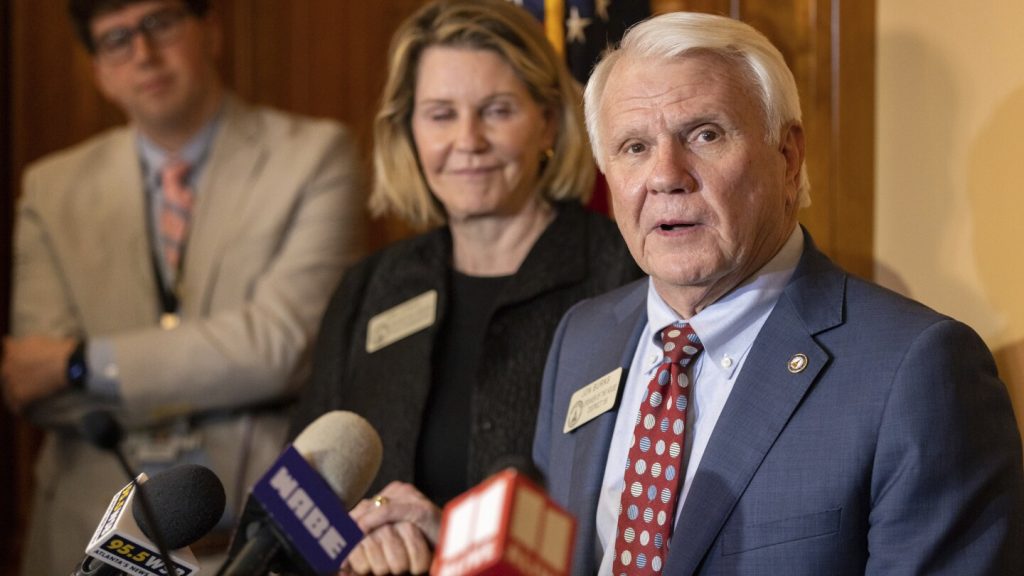Georgia’s 2024 legislative session highlighted the differing approaches of the Republican party, with Democrats unable to leverage those differences to advance their policy priorities. While many GOP initiatives seemed geared towards appealing to primary voters, Republicans are focusing on tax cuts and a tougher stance on immigration to secure victory in the upcoming legislative races. Democrats, on the other hand, were disappointed by the failure to expand Medicaid health insurance, a key component of their campaign to make gains in the state House. With the 2026 statewide elections looming, Republican Lt. Gov. Burt Jones is considering a run for governor, adding to the political dynamics of the session.
Despite some areas of unity among Republicans, such as an income tax cut and pay raises for teachers and state employees, there was a continuing power struggle between the House and the Senate. Last year saw open conflict between the two chambers, with bills being killed in a dispute triggered by Lt. Gov. Burt Jones. This year, disagreements were evident as each chamber disregarded measures passed by the other, showcasing the ongoing division within the Republican party. House Speaker Jon Burns emphasized the House’s focus on practical issues like education funding, in contrast to what he described as politically motivated decisions in the Senate.
Divisions between the House and Senate led to a chaotic final day of the legislative session, with both chambers missing the midnight deadline. The tension between the two chambers was particularly elevated this year, as evidenced by the failure of numerous initiatives, including a ban on puberty blocking drugs for transgender youth and an education bill targeting sex education and transgender girls in sports. Despite the Senate Republican Caucus successfully passing all of its announced priorities, the House managed to block several controversial measures, leading House Minority Whip Sam Park to characterize the session as a battle between the far-right Senate and the moderate Republican House.
While the Senate saw some victories in passing bills requiring cash bail for more crimes and parental consent for children’s social media use, Democrats were left frustrated once again. Efforts to expand Medicaid coverage for lower-income adults were thwarted, with Republicans voting down a bill proposed by the minority party. House Minority Leader Gloria Butler criticized Gov. Kemp and Republican leadership for deliberately choosing to ignore Medicaid expansion, despite promises that it would be considered. The ongoing struggle over healthcare policy in Georgia reflects the larger political landscape in the state, with both parties vying for control and influence in key policy areas.


